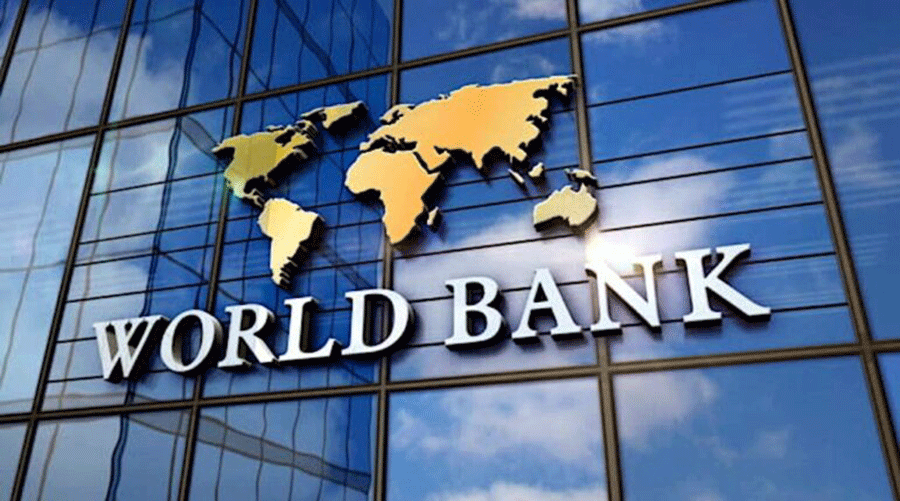YEREVAN, Dec. 17— A new World Bank report released today finds that making taxes fairer and investing in education quality and learning outcomes can help Armenia reach its revenue, education, and sustainable growth targets.
The report is the second of a two-part Public Finance Review series that analyzes the efficiency and effectiveness of different aspects of Armenia’s fiscal policy.
The first edition released in 2023, analyzed the performance of Armenia’s capital investments, and spending in social protection and health. This second edition focuses on the efficiency and equity of Armenia’s tax system and of public spending in education. It offers policy recommendations and provides a roadmap for optimizing Armenia’s public finances.
Improving Armenia’s Tax System: Enhancing Effectiveness, Efficiency, and Equity
Read also
While Armenia has improved its tax collection in recent years, with the tax to GDP ratio reaching around 24% of GDP on average for 2021-2023, it remains short of the 25% target in the Government’s Program (2021-2026).To achieve this target while also addressing inefficiencies and fairness of the tax system, the report recommends broadening the regular tax regime, so more businesses are taxed similarly, narrowing the coverage of the turnover tax regime and preventing individual industries from receiving tax breaks or special tax rules; and modernizing international tax rules to make them fully applicable to the digital economy.
The report also recommends introducing tax deductions and other measures for low wage-earners, who are paying a high cost on their income.
The report adds that while Armenia has in place environmental taxes and fuel excise taxes, they are low by regional standards, only partially reflecting impacts of using hydrocarbon on health, climate, and the environment, and not providing sufficient incentive to shift towards a greener, more sustainable growth model. To reach its goal of becoming a low-carbon economy, Armenia can introduce an explicit (direct) carbon price through an upstream tax (e.g., by imposing it on the importers of natural gas and oil products in Armenia) and increase existing fossil fuel excise taxes, the report says.
“Over the last decades, Armenia has made commendable progress in raising its tax to GDP ratio, which provides space to increase spending,” said Carolin Geginat, World Bank Country Manager for Armenia. “Armenia’s tax regime could positively contribute to formal job creation by lowering the tax burden on low-income earners. Our report also looks at education and provides recommendations on how to achieve better learning outcomes for the same amount of money invested.”
Improving Armenia’s Education Spending Efficiency
The report also highlights that despite high education enrollment rates and overall improvement in general education, Armenia still faces challenges in learning quality, access to pre-primary and higher education, as well as inefficiencies in financing, and quality.
In 2022, only 43.4% of school aged children among Armenia’s poor population attended pre-primary education and only 17.2% had access to higher education. Furthermore, the overall enrollment rate in higher education remains low at 53%, compared to an average of 60% in peer countries.
Students are also falling behind in terms of what they learn (learning-adjusted years of schooling).While students spend about 11.3 years in school, they leave equipped only with the equivalent of about 8 years of effective schooling.
Other key challenges include limited access to quality pre-primary education, insufficient vocational education, and a gap in modern skills required by emerging industries.
According to the report, Armenia can make significant improvements by:
- expanding pre-primary education coverage,
- improving the quality of teaching,
- optimizing school size,
- investing in vocational training, and
- increasing targeted financial aid for higher education for low-income students.
Additionally, streamlining the governance of education institutions and reforming school funding mechanisms in a way that prioritizes learning outcomes are critical for developing Armenia’s future workforce.
The report is part of the World Bank’s ongoing collaboration with the Armenian government to support the country’s development goals in education, aiming to ensure that the education system provides students with the skills they need to thrive in a
Press Release

























































